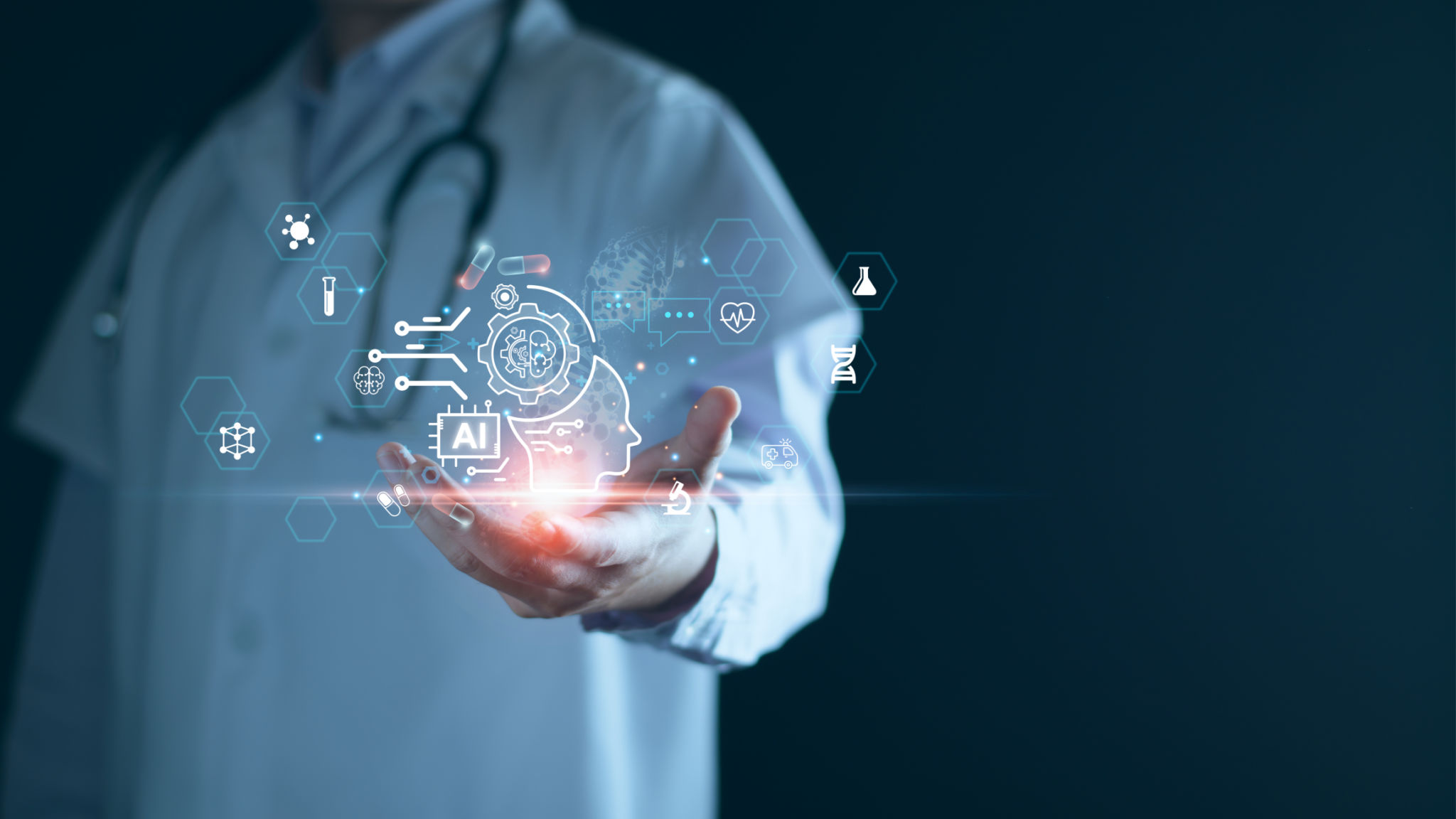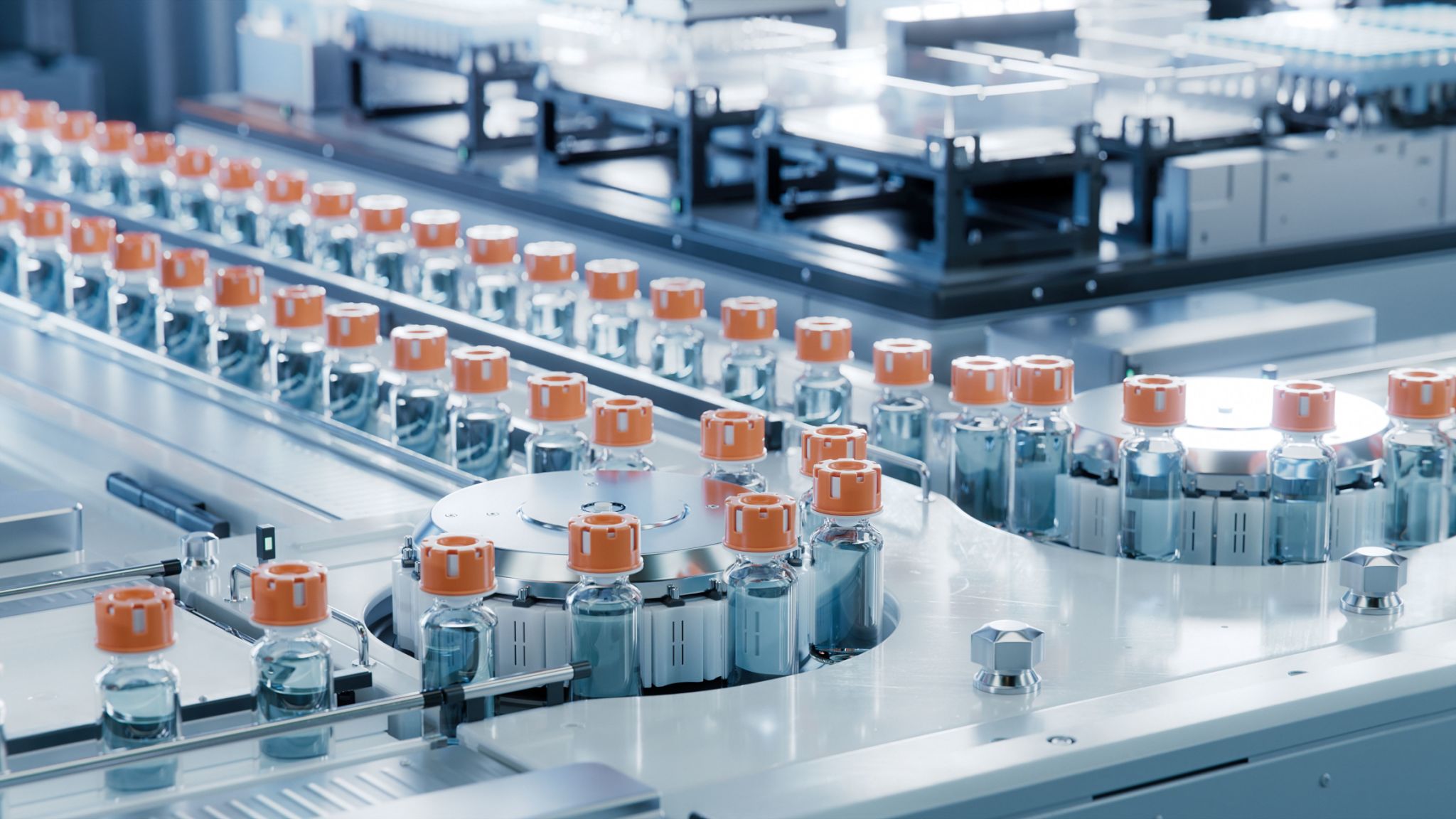The Intersection of Biotechnology and Artificial Intelligence: A New Era in Health Care
The Convergence of Biotechnology and AI
The fusion of biotechnology and artificial intelligence (AI) is revolutionizing the healthcare industry. This intersection is not just a futuristic concept but a present-day reality that is enhancing diagnostic accuracy, personalizing treatment plans, and accelerating drug development processes. By leveraging AI algorithms and biotechnological advancements, healthcare professionals can now provide more precise and efficient care.
At the core of this transformation is the ability of AI to process and analyze vast amounts of biological data. This capability is instrumental in identifying patterns and making predictions that were previously unattainable. As a result, the integration of AI in biotechnology is paving the way for groundbreaking innovations in medical research and patient care.

Enhanced Diagnostic Accuracy
One of the most significant impacts of AI in biotechnology is the enhancement of diagnostic accuracy. Traditional diagnostic methods often rely on the subjective interpretation of medical professionals, which can lead to errors. AI, on the other hand, utilizes machine learning algorithms to analyze medical images, genetic information, and other biological data with remarkable precision.
For instance, AI-powered imaging tools can detect early signs of diseases such as cancer, cardiovascular conditions, and neurological disorders. These tools not only improve the accuracy of diagnoses but also enable early intervention, which is crucial for better patient outcomes.

Personalized Treatment Plans
The combination of biotechnology and AI is also transforming the way treatment plans are developed. Personalized medicine, which tailors treatment to the individual characteristics of each patient, is becoming more achievable with the help of AI. By analyzing genetic information, lifestyle data, and other relevant factors, AI can help healthcare providers design customized treatment plans that are more effective and have fewer side effects.
Moreover, AI algorithms can continuously learn from patient data, allowing for the optimization of treatment plans over time. This dynamic approach ensures that patients receive the best possible care based on the most current information available.
Accelerated Drug Development
Drug development is a complex and time-consuming process that can take years and cost billions of dollars. However, the integration of AI in biotechnology is significantly streamlining this process. AI can analyze large datasets to identify potential drug candidates, predict their efficacy, and assess their safety profiles.
Additionally, AI can simulate clinical trials, reducing the need for extensive human testing and accelerating the approval of new drugs. This not only brings life-saving medications to market faster but also reduces the overall cost of drug development.

Challenges and Future Prospects
While the intersection of biotechnology and AI holds immense promise, it also presents several challenges. Data privacy and security are major concerns, as the integration of AI requires access to sensitive patient information. Ensuring that this data is protected and used ethically is paramount.
Furthermore, the adoption of AI in healthcare requires significant investment in infrastructure and training. Healthcare professionals need to be equipped with the necessary skills to utilize AI tools effectively. Despite these challenges, the potential benefits of AI in biotechnology far outweigh the obstacles, and ongoing advancements continue to drive this exciting field forward.
In conclusion, the convergence of biotechnology and AI is ushering in a new era in healthcare. From enhancing diagnostic accuracy to personalizing treatment plans and accelerating drug development, the impact of this intersection is profound. As we continue to explore and harness the potential of AI in biotechnology, the future of healthcare looks brighter than ever.
